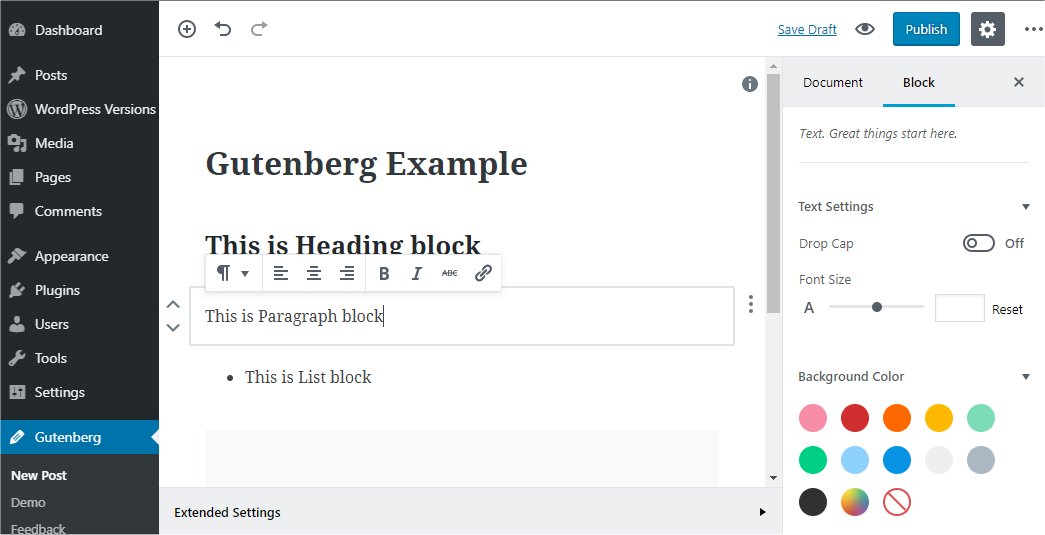With the update to WordPress 5.0 late last year, the new Gutenberg editor was introduced to WordPress users. We made a list of its pros and cons, and give our stance on this new feature.

Pros
Advanced Editing Experience
With Gutenberg, there comes a more flexible and generally easier style editor. In the style of the Medium editor, the Gutenberg editor provides similar features, and the integration between the editor, the theme and the plug-ins is tighter, assuring a more fluent and generally easier work process.
Blocks
A new concept called “blocks” has been introduced with Gutenberg. This feature enables users who use WordPress to blog to create posts and pages more freely. These blocks can be designed and saved by the user, and re-used for future posts, allowing a quicker and more convenient creation of new content.



Mobile Friendly System
Gutenberg has been designed to work well on mobile devices, due to the block system. This means that editors can easily update and work on their posts on the go, without having to be at their computer.
User friendly
Thanks to its user friendly UI, Gutenberg is a great tool that can be used by both experienced and new WordPress users. This provides a more inclusive web design experience for everyone interested in creating their own website!
Cons
No Markdown Support
As of today, there is no Markdown support in Gutenberg, which might be a let down for some. However, Gutenberg is currently working on updates, and Markdown being available in the future is not unlikely!
No responsive columns yet
Although the new block design brings lots of advances to the Gutenberg editor, there is one feature missing: responsive columns. This feature is not available yet, but general responsive web design is possible, of course.


Only partial support for metaboxes
Not all metaboxes are supported by Gutenberg. This means that having creative, unique options for each page are not always possible. However, as mentioned before, there are new features added to the Gutenberg editor on a regular basis.
Compatibility issues
There have been problems with integrating all WordPress plug-ins and themes to Gutenberg. As there are so many of them, this might be a challenge to developers and editors for a while.
What we think about Gutenberg
Generally speaking, the new Gutenberg editor offers a few great aspects. The users are enabled to create more creatively, and due to the simplicity of the block system, posts can be developed through a more fluent work process. Gutenberg seems to be a good option for users who don’t need lots of technical flexibility and pre-update WordPress features. However, for developers who want to use the full range of plug-ins and features available in the previous editor, Gutenberg might be the wrong choice (at least until it has been developed further). For those, the old editor is still available as a plug-in; WordPress has announced this will only be available until 2021, however.
What do you think of the Gutenberg editor? Leave a comment below.
Read more about Gutenberg here. Other articles you might be interested in: Feminism in Design or Design Trends for 2019


